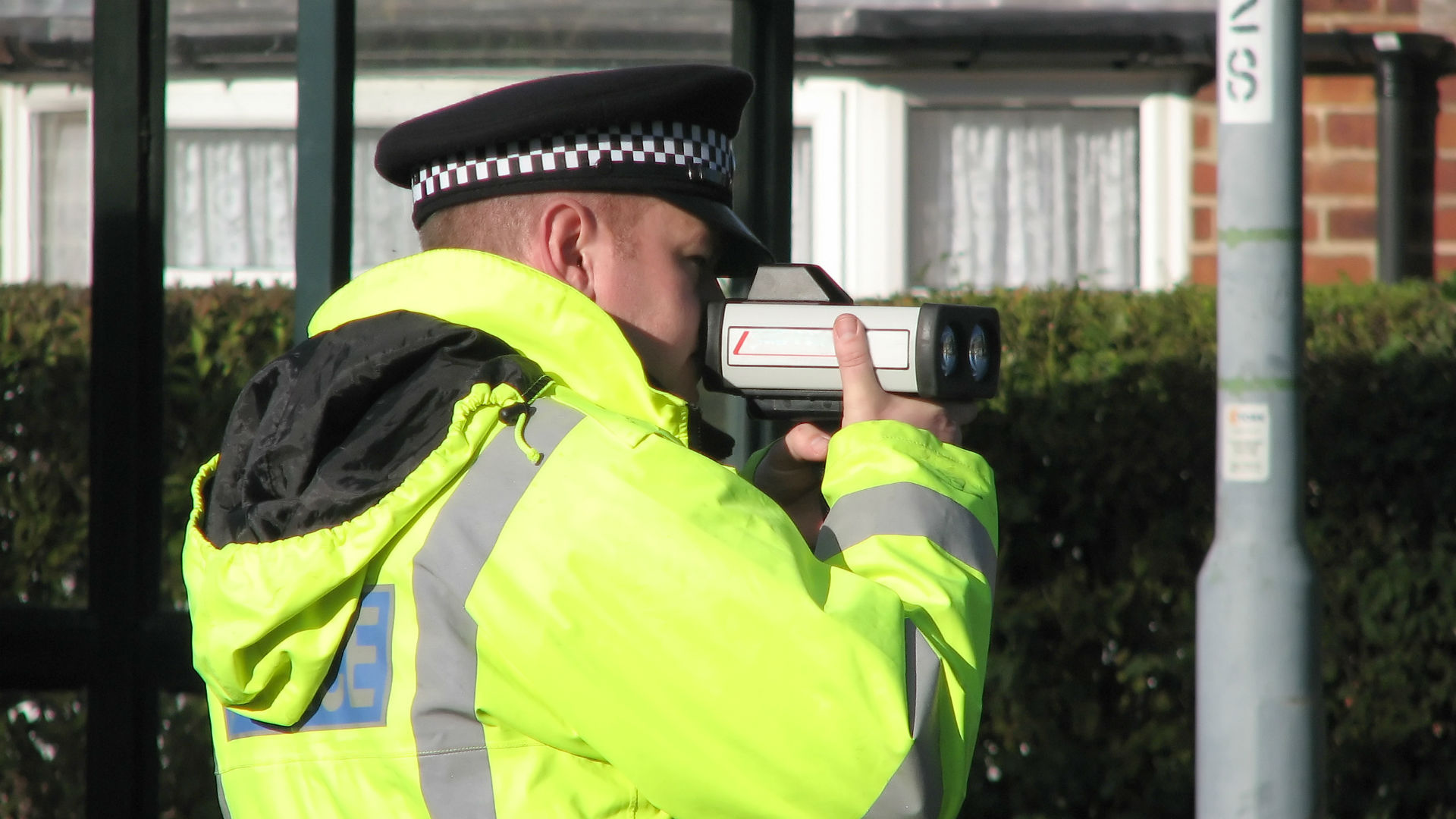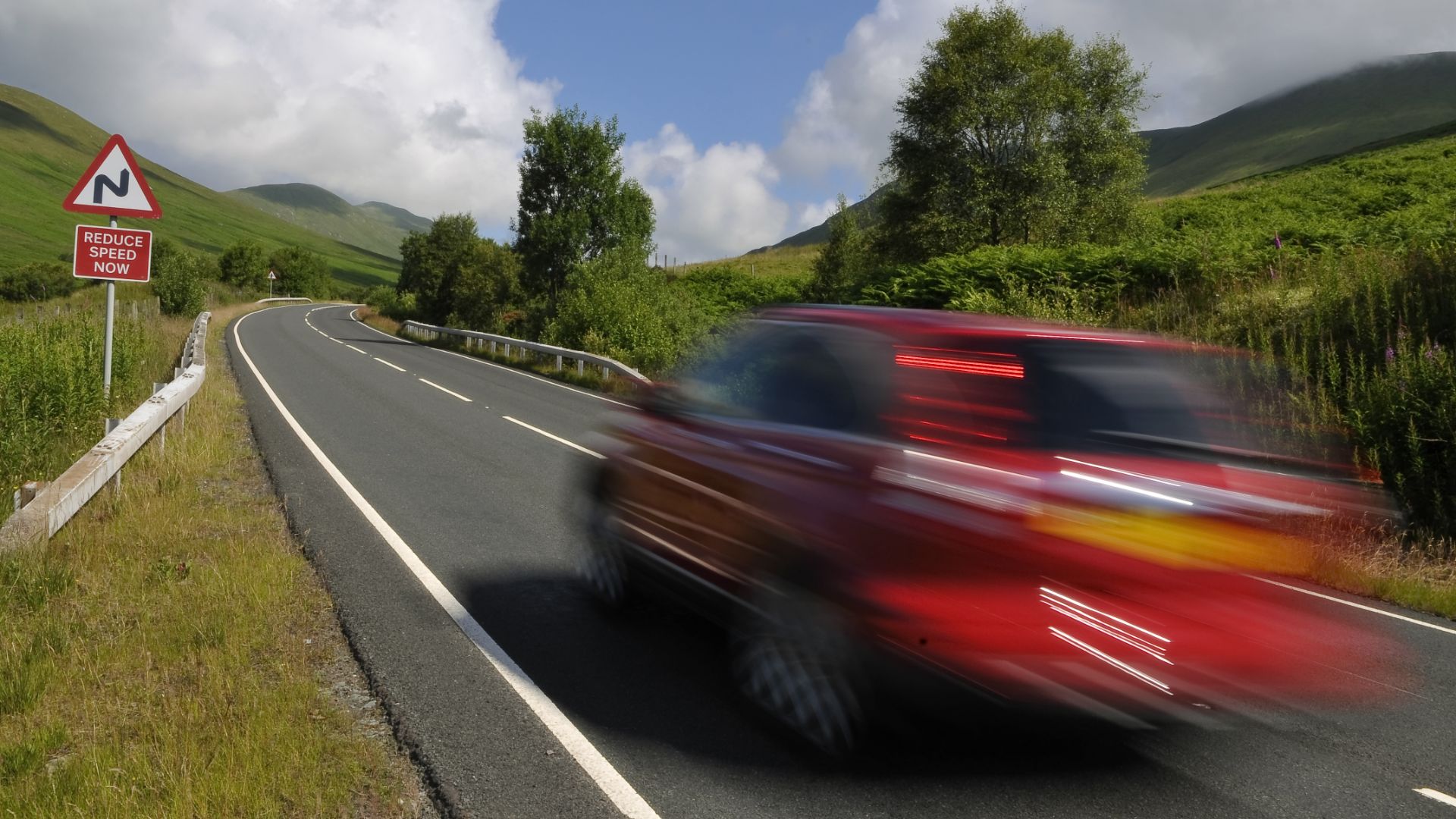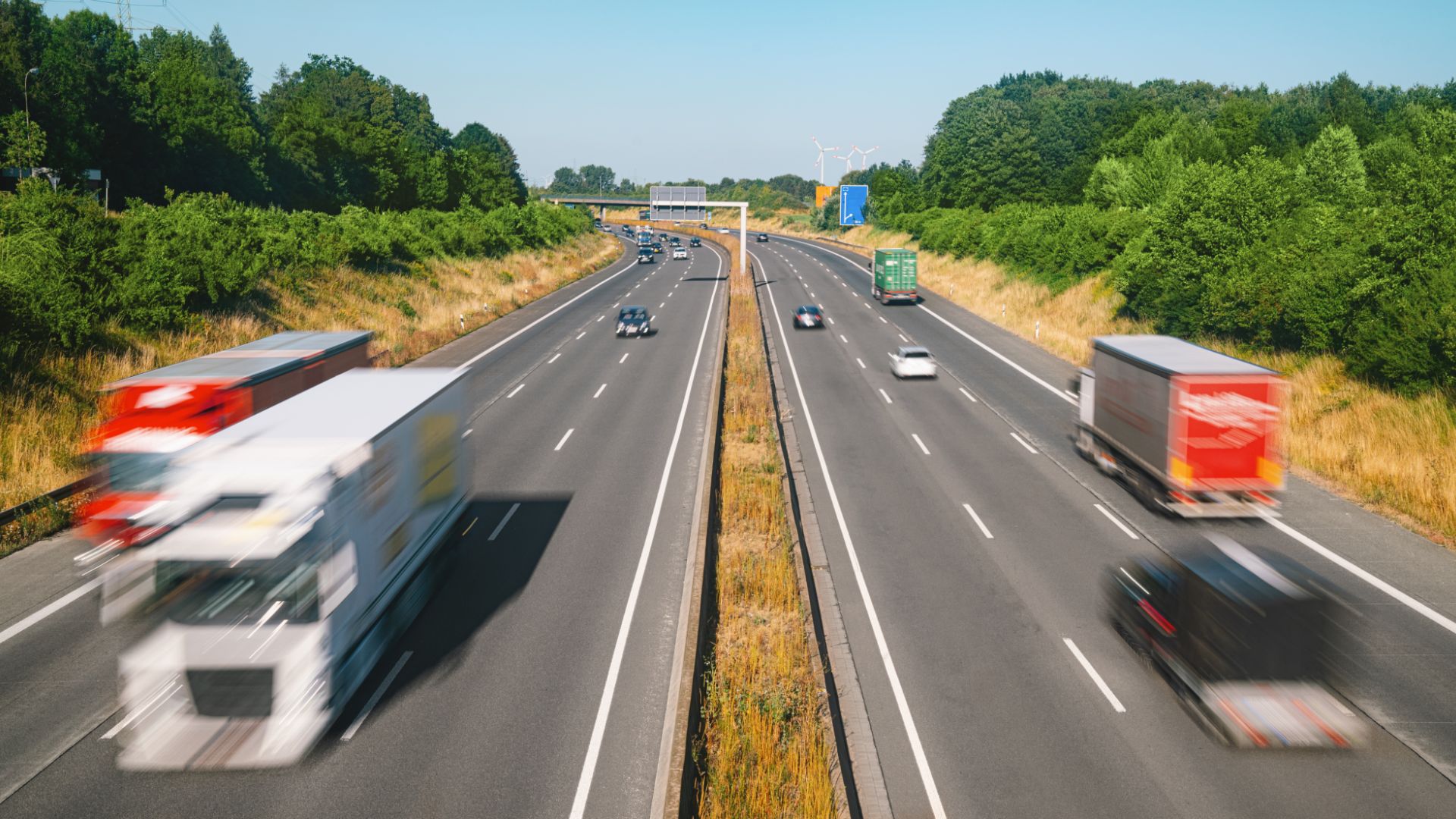
Since 2011, the number of speeding offences has increased by an average of five percent every year. This is according to new analysis of motoring offences.
Breaking the speed limit tops the list of the most common driving offences in England and Wales. In total, drivers have racked up an astonishing 15.9 million speeding offences since 2011.
It’s getting worse. In the past year, there was a driving offence for one in every 10 motorists in England and Wales. This is compared to one in 11 drivers in 2011.
A total of 13 police forces saw an increase in the speed of the fastest drivers caught during the lockdown. This is despite an overall decrease in the number of people caught speeding.
Traffic was down two-thirds as a result of people being urged to stay at home.

This new research, conducted by True Solicitors, reveals a wide ranging list of motoring offences in England and Wales. These offences were analysed where there were findings of guilt at all courts, fixed penalty notices and written warnings.
The research can be summarised as follows:
- Speed limit offences: 15,904,000 (since 2011)
- Speed limit offences.
- Miscellaneous offences: 2,998,000
- Neglecting road regulations (not speeding), failing to supply information.
- Licence, insurance and record keeping offences: 2,666,000
- Driving while disqualified, uninsured vehicles, false statements of insurance, fraud and forgery.
- Dangerous, careless or drunk driving: 1,587,000
- Dangerous driving, including drugs and alcohol, disqualified driving, using a mobile phone, etc.
- Vehicle test and condition offences: 626,000
- Defective vehicle parts and vehicle test offences.
- Unauthorised taking or theft of motor vehicle: 55,000
- Aggravated vehicle taking, including causing injury and damage, theft of a motor vehicle, etc.
- Accident offences: 40,000
- Failing to stop after an accident, failing to report and accident, etc.
How to stay safe on the roads

Although UK roads are among the safest in Europe, there are a number of things you can do to stay safe.
Here are some of the things to consider, according to True Solicitors:
- Do not drive when tired. Rest and stay hydrated – especially on long journeys
- Plan ahead. Arrange a lift or take public transport if you’re going to consume alcohol
- Always keep a safe distance. Leave a gap to the car in front – extend the distance when it is raining
- Remember to check for vehicles in your blind spot
- Rest before a long trip. Take refreshments and include breaks in a long journey
The speed limit ratio is really high. Being a responsible driver is our only solution to lower the ratio of these driving offenses.